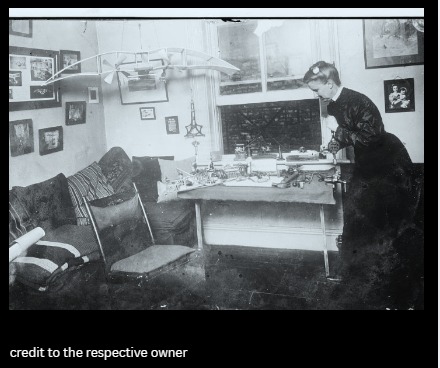In 1904, Lizzie Magie sat at her table sketching a new kind of board game. She wasn’t chasing fortune or fantasy — she wanted to teach people about money, power, and fairness.
She called it The Landlord’s Game. Inspired by economist Henry George, Magie designed two sets of rules: one where wealth concentrated into the hands of a few, and another where resources were shared so everyone prospered. It was a lesson in economics disguised as play.
But when Parker Brothers bought her patent decades later, history changed. Charles Darrow rebranded the idea as Monopoly and became rich. Lizzie Magie earned only $500. Her name faded, while his became legend.
Today, her story is resurfacing — not just as the true inventor of the game, but as a visionary who believed even play could teach us about justice and inequality.
Lizzie Magie’s legacy isn’t only in Monopoly. It’s in the reminder that creativity can challenge the rules of the real world.
